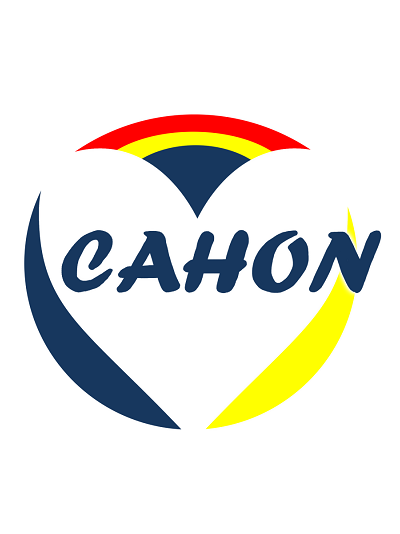肿瘤微环境对未分化多形性肉瘤患者新辅助化疗病理反应的预测价值
IF 29.5
1区 医学
Q1 HEMATOLOGY
引用次数: 0
摘要
未分化多形性肉瘤(UPS)是成人软组织肉瘤(STS)中一种常见的侵袭性亚型。尽管局部区域治疗取得了进展,但包括 UPS 在内的许多高级别 STS 患者仍会出现转移性疾病。新辅助化疗是降低这一风险的标准方法,但反应的多变性要求对患者的选择策略进行改进。本研究调查了可切除UPS微环境与新辅助化疗反应之间的相关性。NEOSARCOMICS研究(NCT02789384)招募了来自法国六个肉瘤中心的可切除STS患者。患者接受蒽环类化疗,然后进行手术。对基线和治疗后的肿瘤样本进行了组织学反应、基因表达谱分析和多重免疫组化荧光分析。对血浆蛋白质组学进行了分析,以确定生物标志物。对新辅助化疗反应良好者的干性和细胞周期调控相关基因富集,而反应不佳者的免疫相关基因富集。蛋白质组分析表明,免疫通路被激活,而无应答者的细胞周期通路下调。尽管预后良好,但高免疫浸润,尤其是CD8 + T细胞和CD20 + B细胞的浸润,预示着UPS患者对新辅助化疗的反应不佳,这表明有必要为有炎症的UPS患者制定替代治疗策略。本文章由计算机程序翻译,如有差异,请以英文原文为准。
Predictive value of tumor microenvironment on pathologic response to neoadjuvant chemotherapy in patients with undifferentiated pleomorphic sarcomas
Undifferentiated pleomorphic sarcomas (UPS) represent a prevalent and aggressive subtype of soft tissue sarcomas (STS) in adults. Despite advancements in loco regional treatments, many patients with high grade STS, including UPS, develop metastatic disease. Neoadjuvant chemotherapy is a standard approach to mitigate this risk, but response variability necessitates refined patient selection strategies. This study investigated the correlation between UPS microenvironment and neoadjuvant chemotherapy response in resectable UPS. The NEOSARCOMICS study (NCT02789384) enrolled patients with resectable STS from six sarcoma centers in France. Patients received anthracycline based chemotherapy, followed by surgery. Histological response, gene expression profiling, and multiplex immunohistofluorescence were performed on baseline and post treatment tumor samples. Plasma proteomics was analyzed to identify biomarkers. Good responders to neoadjuvant chemotherapy showed enrichment in genes related to stemness and cell cycle regulation, while poor responders exhibited immune related gene enrichment. Proteomic profiling revealed immune pathway activation and downregulation of cell cycle pathways in non responders. Despite being associated with a good prognosis, high immune infiltration, particularly of CD8 + T cells and CD20 + B cells, predicts a poor response to neoadjuvant chemotherapy in UPS, suggesting the need for alternative therapeutic strategies for patients with inflamed UPS.Ongoing clinical trials are exploring the efficacy of combining chemotherapy with immune checkpoint inhibitors to improve outcomes.
求助全文
通过发布文献求助,成功后即可免费获取论文全文。
去求助
来源期刊
CiteScore
48.10
自引率
2.10%
发文量
169
审稿时长
6-12 weeks
期刊介绍:
The Journal of Hematology & Oncology, an open-access journal, publishes high-quality research covering all aspects of hematology and oncology, including reviews and research highlights on "hot topics" by leading experts.
Given the close relationship and rapid evolution of hematology and oncology, the journal aims to meet the demand for a dedicated platform for publishing discoveries from both fields. It serves as an international platform for sharing laboratory and clinical findings among laboratory scientists, physician scientists, hematologists, and oncologists in an open-access format. With a rapid turnaround time from submission to publication, the journal facilitates real-time sharing of knowledge and new successes.

 求助内容:
求助内容: 应助结果提醒方式:
应助结果提醒方式:


